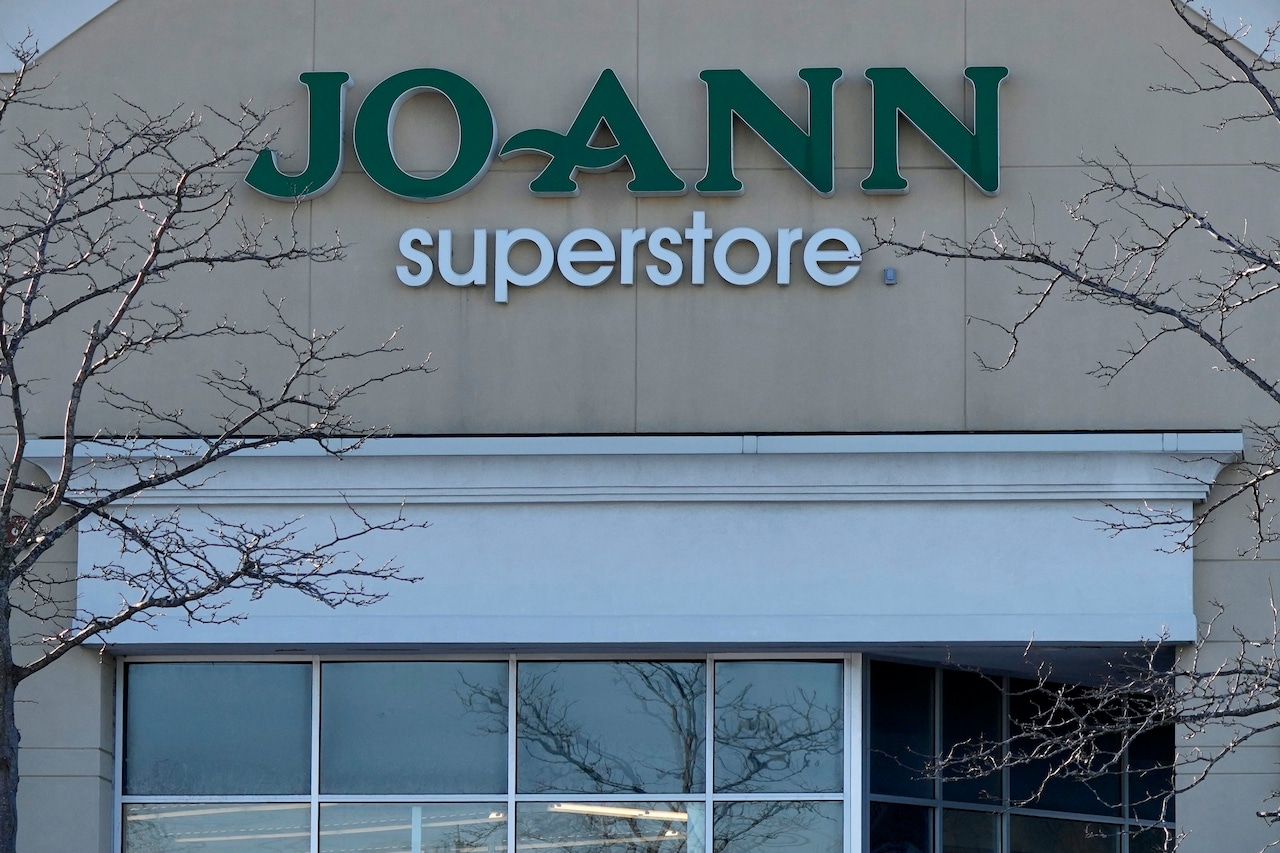Breaking: Katz's Bold Plan to Cut Red Tape on Infrastructure Projects Wins Business Backing

In a bold move to accelerate infrastructure development, Assemblywoman Andrea Katz has proposed groundbreaking legislation aimed at simplifying and expediting the permitting process for critical infrastructure projects across New Jersey. The Democratic representative from the 8th district is championing a bill designed to cut through bureaucratic red tape and streamline approvals for essential public works and infrastructure initiatives.
Katz's proposed legislation seeks to reduce administrative barriers that often slow down crucial infrastructure improvements, potentially enabling faster implementation of transportation, energy, and community development projects. By creating a more efficient permitting framework, the bill could help New Jersey modernize its infrastructure more quickly and cost-effectively.
The proposed measure represents a significant step toward enhancing the state's ability to respond rapidly to infrastructure needs, potentially attracting more investment and supporting economic growth. As infrastructure challenges continue to be a priority for policymakers, Katz's initiative could serve as a model for more agile and responsive government processes.








